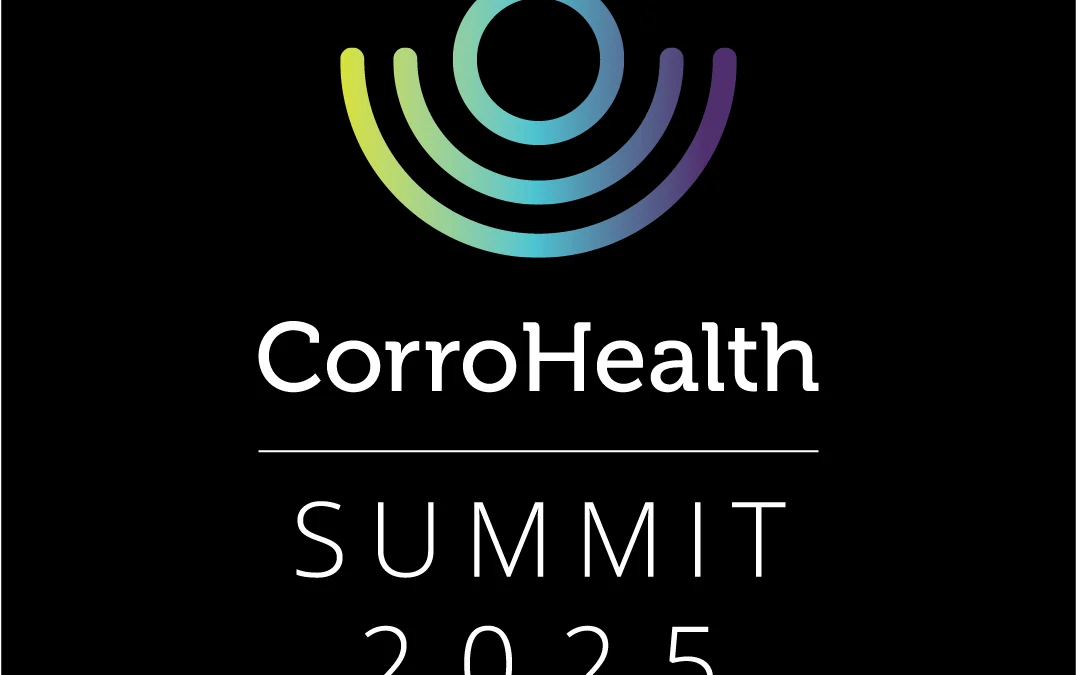OIG Raises Concerns About Service and Payment Denials Under Medicare Advantage Plans
According to CMS, almost 37% of all Medicare beneficiaries will enroll in Medicare Advantage plans in 2019. In addition, the market remains very attractive to insurers who plan to offer more Medicare Advantage plans in 2019 than in any prior year.
David vs. Goliath
Even though Medicare Advantage enrollees have rights and protections under Medicare guidelines, from a provider point of view, the burden of managing these plans can be overwhelming. As a modern-day David, when all the perceived strength lies with the payor, what does a provider need in their toolbelt to be successful in battle? If providers address the blind spots that exist at the intersection of regulatory/contractual requirements and reimbursement, can they be as successful as David in battle?
A study published in September 2018 by the Office of Inspector General (OIG) revealed one such blind spot when they identified 56% of audited Medicare Advantage Organizations (MAOs) contracts made inappropriate denials while 45% of audited contracts sent denial letters with insufficient information. These findings raise concerns that beneficiaries and providers may not be getting appropriate services and payment.
Changing the Rules of Engagement
The OIG study further revealed that of the denials appealed, 70% of appeals were fully successful and another 5% were partially successful. So, if the appeal process is as powerful a tool as David’s slingshot with a 75% success rate, why were only 1% of the denials in the study appealed? Does that mean that 99% of the time providers believed that MAOs were doing a good job with review and denials? Did providers believe appeals were futile or too expensive to pursue? Or, have providers been conditioned over the years to not focus on the battle and accept the denial?
The Bottom Line
A few things are clear, CMS’ primary concern is the health and safety of Medicare beneficiaries. The OIG is concerned that by inappropriately denying authorization and payment for medically necessary services, MAOs are both harming beneficiaries and potentially Medicare funds. With too many inappropriate denials and not enough appeals, beneficiaries may be inappropriately losing access to care and providers are losing an impressive amount of revenue.
Medicare Advantage enrollment tends to be highly concentrated among a small number of firms. UnitedHealthcare and Humana together account for 43 percent of all Medicare Advantage enrollees in 2018. What other blind spots do providers have in managing contracts with these and other Goliaths?

















